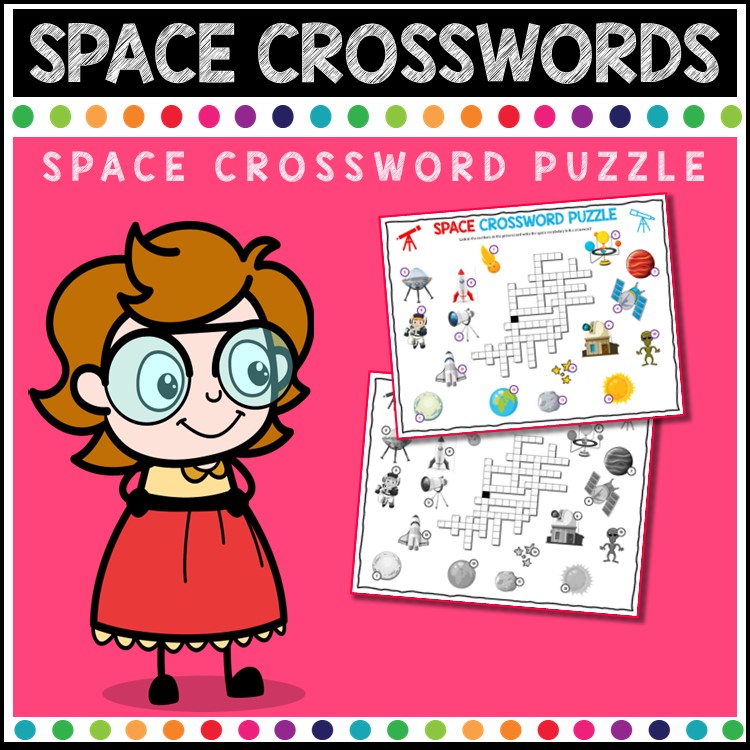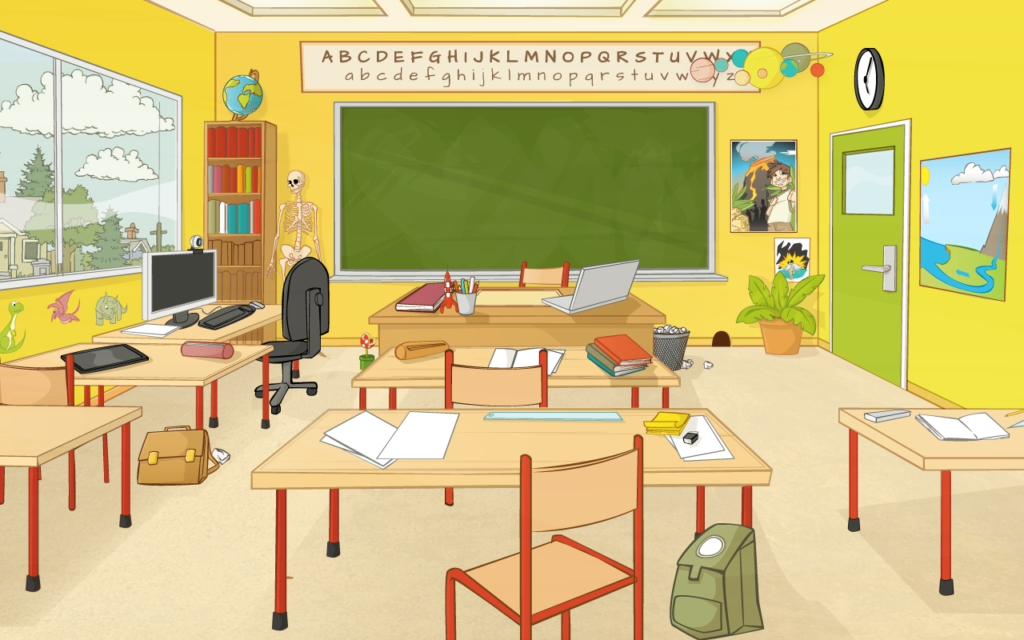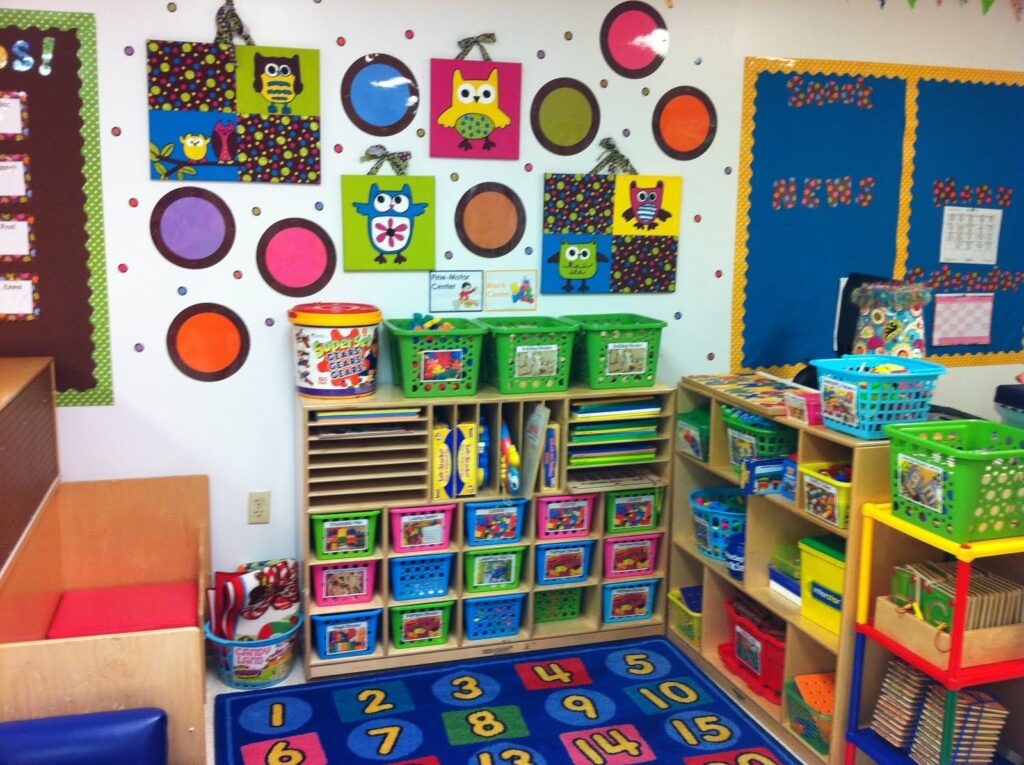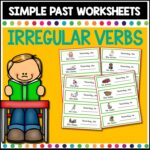
Activities for Your Kindergartner’s Vocabulary
The worksheets provided here are about space vocabulary the link to download your pdf is below the article. Use these space vocabulary and concepts to help your primary pupils understand the solar system as they learn about space, the solar system, and the world beyond their school.
This resource was prepared by teachers to help you with your scientific teaching.
Build a student vocabulary as vast as the universe, motivating primary pupils to become passionate about language and learning. With this vocabulary assistance, your students will become intelligent, eloquent speakers and writers who can successfully and confidently explain their views. Keep reading or scrolling down to get to the pdf link where you can preview and download.
One of the most effective ways to assist youngsters with reading comprehension is to create a large “word bank.” Beginning readers use their knowledge of the language to make sense of what they’re reading. A reader’s ability to comprehend what they’re reading or listening to increases as their vocabulary grows.

Overview
Talking to your kindergartner and reading to them are two excellent strategies to help them acquire new words. Conversations and questions regarding new terms are simple and non-threatening ways to incorporate new words into ordinary conversation.
In your talks with your child, use complex words.
Even the tiniest youngsters enjoy hearing and learning new words! Use intriguing and colorful terms instead of simpler language in your daily talks to help your child grow their word bank and awareness of the world. Instead of stating “this ice cream is tasty,” you may add “this caramel ice cream is delectable.”
Every day, read with your child.
Reading aloud to your child exposes them to a wealth of vibrant language not found in books for beginning readers. Take the time to ask your child what they think a new and fascinating word means in the context of the story when you come across it. Then give a kid-friendly definition of the word and relate it to another word and a common event.

Patience!
It takes time and perseverance to learn new words and expand your vocabulary. Expect your child to pick up a new term after just one discussion or read-aloud. After being exposed to words multiple times, true word learning occurs. We all learn about language at some point in our lives. You’re about to drop your youngster off at school.
At Home, Try These Vocabulary Games.
Incorporate nonfiction.
Nonfiction and informational books (such as the DK Eyewitness series) provide a wealth of new and fascinating words about our world for young children. If the book has a glossary, spend some time talking with your child about the words, and stop reading aloud as often as you need to think about new words and how they relate to what your child already knows.

During read-alouds, discuss new words.
Talking to your child and reading to them are two excellent strategies to help them hear and read new words. Conversations and inquiries regarding new terms are simple methods to incorporate new words into ordinary conversation. “‘The youngster tumbled down the hill,’ says the book, and look at the illustration! What method do you believe he used to descend the hill? “
It doesn’t have to take long to introduce a new term to your child: just a few minutes to chat about it before returning your attention to the book or conversation. Choose carefully which words to discuss; if you have to choose every new word, reading will become a job. The greatest terms to investigate are those that are less common in books that your youngster may read. Keep the following four helpful tips in mind while teaching new terms to your young learner:

1- Give the new word a basic, kid-friendly definition: The term “enormous” refers to something that is extremely large.
2- Provide a basic, kid-friendly example that is relevant to their everyday lives: Remember that huge watermelon we bought at the supermarket? That was a very large watermelon!
3- Encourage your youngster to set an example for themselves: What is the most incredible thing you can think of? Can you recall anything particularly significant that you witnessed today? That’s correct! The bulldozer in front of the park was massive! Those tires were enormous.
4- Keep your new terms in use around the house. Take advantage of opportunities to utilize each new vocabulary term in conversation throughout the next few days and weeks. Children frequently require ten or more repetitions of a new word in context.

How can I assist my child in learning new words while we read aloud together?
Reading aloud to young people is an excellent way for them to acquire new words. Sandra Wilborn, a literacy consultant, recommends pausing the read-aloud to explain a new word by providing a short definition, relating it to something your child already knows, and using it in a sentence. Use the new term at home in the coming weeks to reinforce the learning.
Vocabulary for grocery stores
The produce department is an excellent place to learn new terminology. Rhubarb, asparagus, artichoke, and kiwi are all delightful words to say and eat. Use descriptive terms to help your child learn as you introduce each one. “The skin of a kiwi is fuzzy, but the inside is bright green with black seeds!”
Begin at the beginning.
Start with a straightforward root word, such as “push.” Request that your youngster thinks of words that contain that word, such as pushing, pushed, pushover, and push-up. Discuss how all of these words have a common meaning when it comes to the word “push.”

Think about the prefix.
Many words with numerical prefixes, such as bi- and tri-, are familiar to and used by children. Words like tricycle, tricep, and triangle are discussed. The prefix tri-, which indicates three, appears in all of these words. Is it possible for them to create a list of words that begin with the prefix bi- (for example, bicycle and binoculars)? This is an excellent opportunity to introduce new words such as bicentennial, bicep, and biped. With the numeric prefixes uni, octo, and cent, you can make comparable word lists.
Fun with homonyms
Homonyms, or words that sound alike but have different meanings, are a tremendous source of wordplay. Say a word out loud and see if your youngster can come up with other meanings for it. Consider the following scenario:
bark: a dog’s bark
bark: a tree’s bark
A ring is a piece of jewelry that you wear on your finger.
ring: the sound made by a doorbell.

Investigate your surroundings.
Taking your child to a museum, the zoo, the botanical garden, historical places, or even your local park is a great way to expose your youngster to new terms. Spend some time studying the signage and learning new vocabulary, then linking them to what you’re seeing.
“Can you think of another word for…”
This game teaches your child that there are multiple words for common objects. Take a glance around and ask yourself, “What’s another term for the couch?” (a sofa with an ottoman) Alternatively, “what is another word for the cup?” (mug, glass) You can continue the game by discussing how two objects are similar but not identical (glass, mug). This aids your child’s understanding of the minor variations between related words.




GIPHY App Key not set. Please check settings